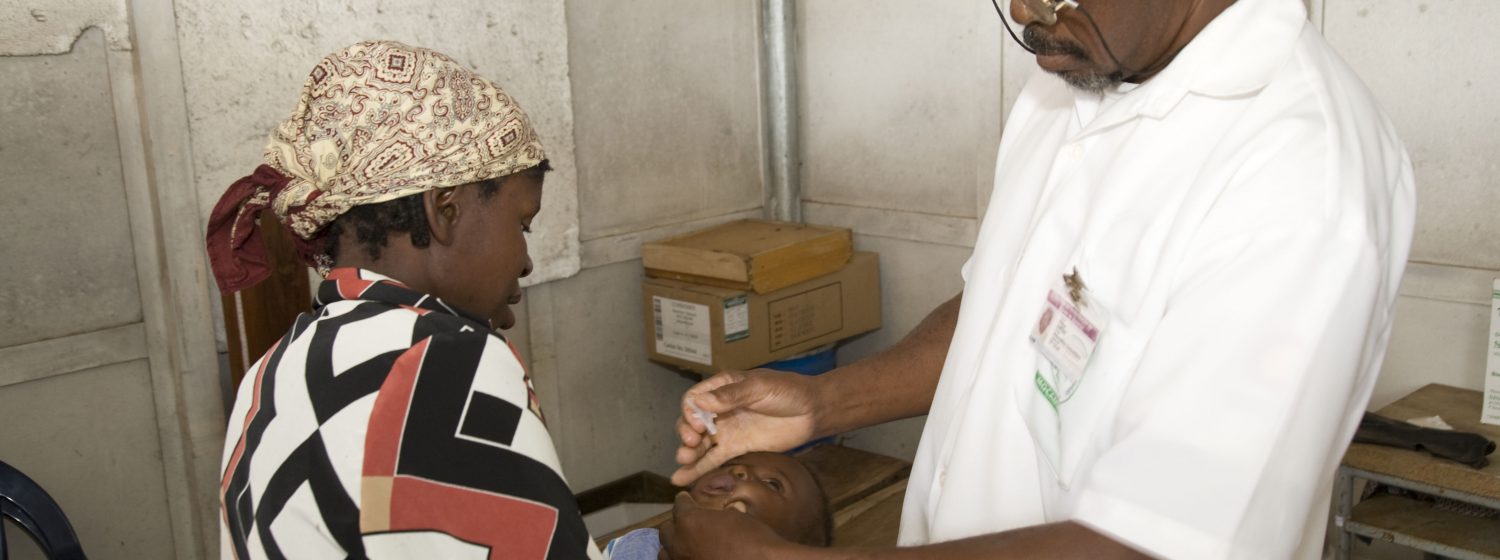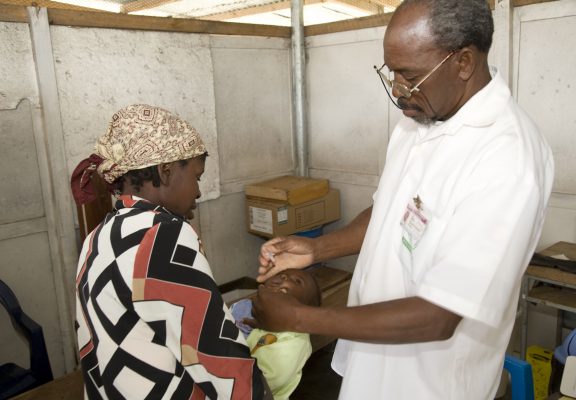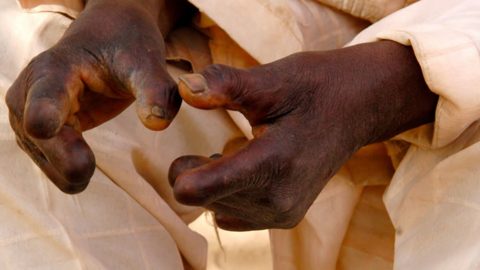

World Hepatitis Day
Introduction:
World Health Organization (WHO) has designated a global day of action to raise awareness about all types of hepatitis (A, B, C, D and E) and diseases caused by it. AHO also seeks to enhance people’s understanding of hepatitis, as it may bring serious consequences – such as fibrosis or liver cancer, turning it into a global health burden.
Key Facts:
- The most common symptoms of all hepatitis types include jaundice (a yellowing of the skin and whites of the eyes), dark urine, nausea and vomiting.
- Almost everyone recovers fully from hepatitis A with a lifelong immunity.
- The risk of hepatitis A infection is associated with a lack of safe water, poor sanitation and hygiene (such as dirty hands).
- A person can get HDV only if he/she already has HBV.
- HDV and HBV are transmitted through contact with various body fluids of an infected person.
- HBV, HCV and HDV are transmitted through blood, sharing of unsterile sharps, unsafe injection, inadequate sterilization of medical equipment, as well as transfusion of blood and blood products.
- HCV is not spread through breast milk, food, water or by casual contact and sharing food or drinks with an infected person.
- To prevent HCV and HDV, take HAV and HBV vaccines.
Statistics:
11 countries carry almost 50% of the global burden of chronic hepatitis: Brazil, China, Egypt, India, Indonesia, Mongolia, Myanmar, Nigeria, Pakistan, Uganda, and Vietnam.
17 countries have high prevalence and together with the above, account for 70% of the global burden: Cambodia, Cameroon, Colombia, Ethiopia, Georgia, Kyrgyzstan, Morocco, Nepal, Peru, Philippines, Sierra Leone, South Africa, Tanzania, Thailand, Ukraine, Uzbekistan, Zimbabwe.
Official Date:
Globally: July 28th,
Worldwide, 300 million people are living with viral hepatitis unaware. Without finding the undiagnosed and linking them to care, millions will continue to suffer, and lives will be lost. On World Hepatitis Day, 28 July, we call on people from across the world to take action, raise awareness and join in the quest to find the “missing millions”.
Related Links:
AHO President Statement in Support of World Hepatitis Day 2020
With so many ‘world days’ populating our calendars, I can appreciate that many people remain unconvinced about the impact of global awareness dates. Not today. Each year, on this day we have an opportunity to reflect how far we have come on the path towards eliminating Hepatitis globally, but also, to think how much more needs to be done to achieve this goal by 2030. This year’s them – ‘Find the Missing Millions’ – could not be timelier in reminding us all of the 300 million people, worldwide, who are living unaware with viral Hepatitis. Without finding the undiagnosed and linking them to care, millions will continue to suffer, and lives will be lost.
It saddens me to see the large number of people still living in Africa with Hepatitis B and Hepatitis C. Hepatitis B affects an estimated 100 million people in Africa (mainly in West and Central Africa), most of whom don’t know they have the infection. 19 million adults are chronically infected with Hepatitis C. The result? Every year, more than 200,000 people in Africa are dying from complications of viral Hepatitis B and C-related liver disease, including cirrhosis and liver cancer.
Now, dying of viral Hepatitis in Africa is becoming a bigger threat than dying of AIDS, malaria, or tuberculosis, says the World Health Organisation (WHO). This needs to change. How in 2020 can this be? How can it be that unimaginable suffering and stigma is endured by so many in Africa? Hepatitis B is preventable, and Hepatitis C is both preventable and curable.
Despite the current context, AHO remains optimistic that Hepatitis B and C can be eliminated in the foreseeable future. We have joined forces with our partners to establish a strategy to fight Hepatitis both at the global and regional level. Allow me to introduce a few of the key actions of the AHO Plan of Action for the Prevention and Control of Viral Hepatitis.
- Raise awareness and funding Hepatitis deserves, whereby existing resources are efficiently optimised to mobilise financing to prevent and control viral hepatitis.
- Establish targeted strategies that prevent the transmission of Hepatitis B and C across key population and vulnerable groups, especially those who do not know they have it.
- Scale the scope of prevention strategies of Hepatitis B and C beyond the healthcare settings.
- Develop health-related policies, regulations, norms, and capacities at the country level for screening, diagnosis, care, and treatment of viral Hepatitis.
- Engage with countries’ to strengthen capacity regarding communicating timely and quality strategic information on viral Hepatitis, disaggregated by age, sex, and ethnic group.
My parting thoughts refer to the simply titled song: ‘African Hepatitis Song’, which was launched in June 2019 during the inaugural African Hepatitis Summit. Does anyone remember? The words went like “let’s all unite and invest to win this war on viral hepatitis, let’s inform all the people and let all play our unique roles”. This is what’s needed to find the missing million within Africa and around the world. This is what’s needed reach the goal of elimination of viral Hepatitis by 2030.
Graciano Masauso, President
Written by Zach Malik


